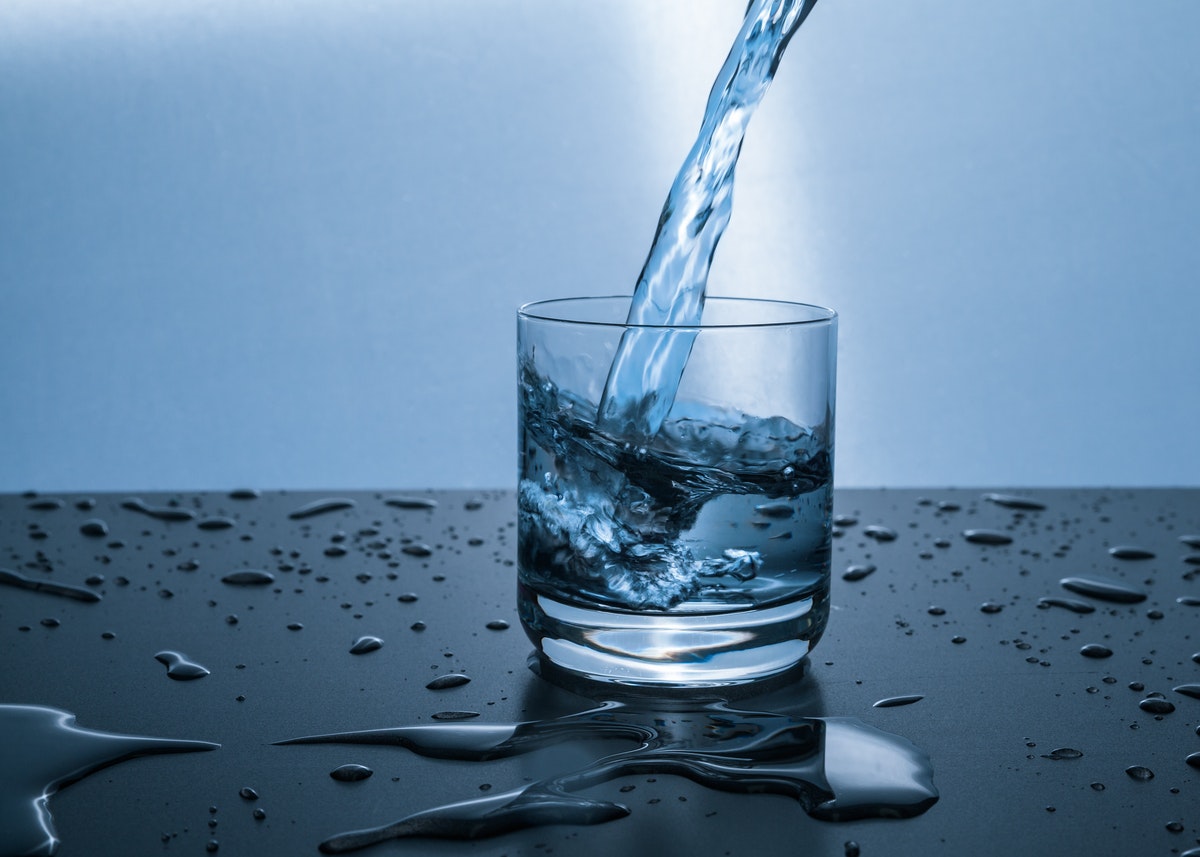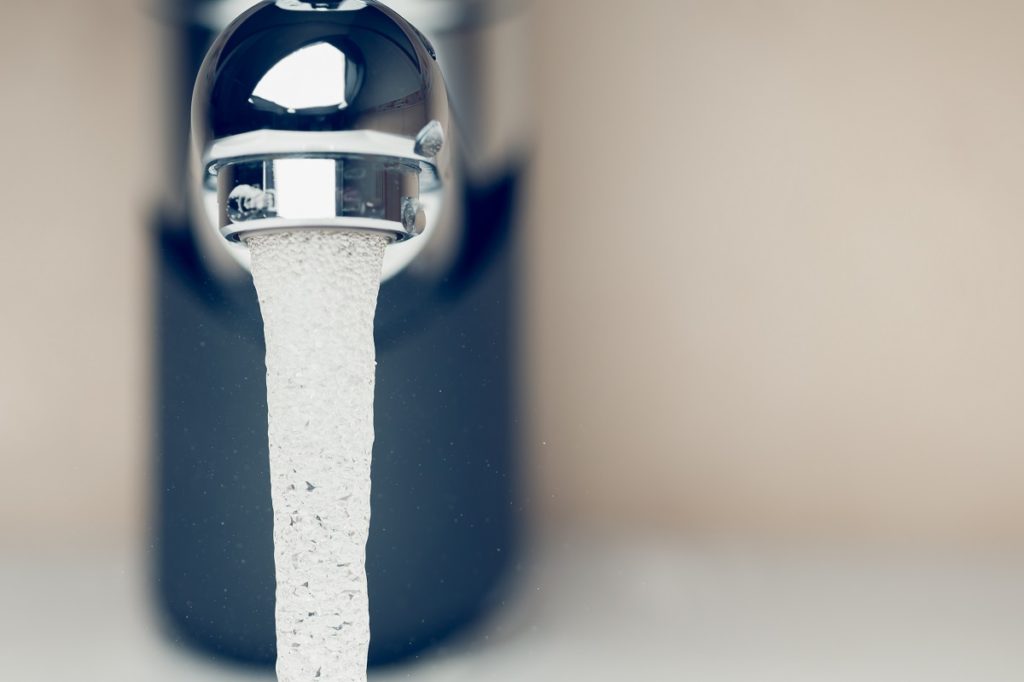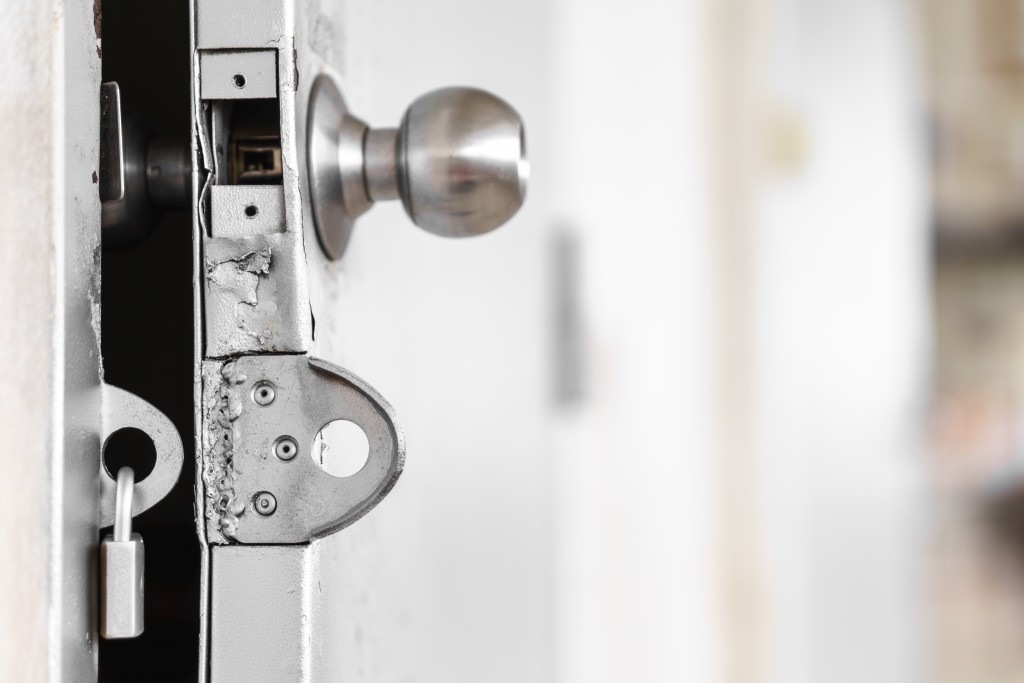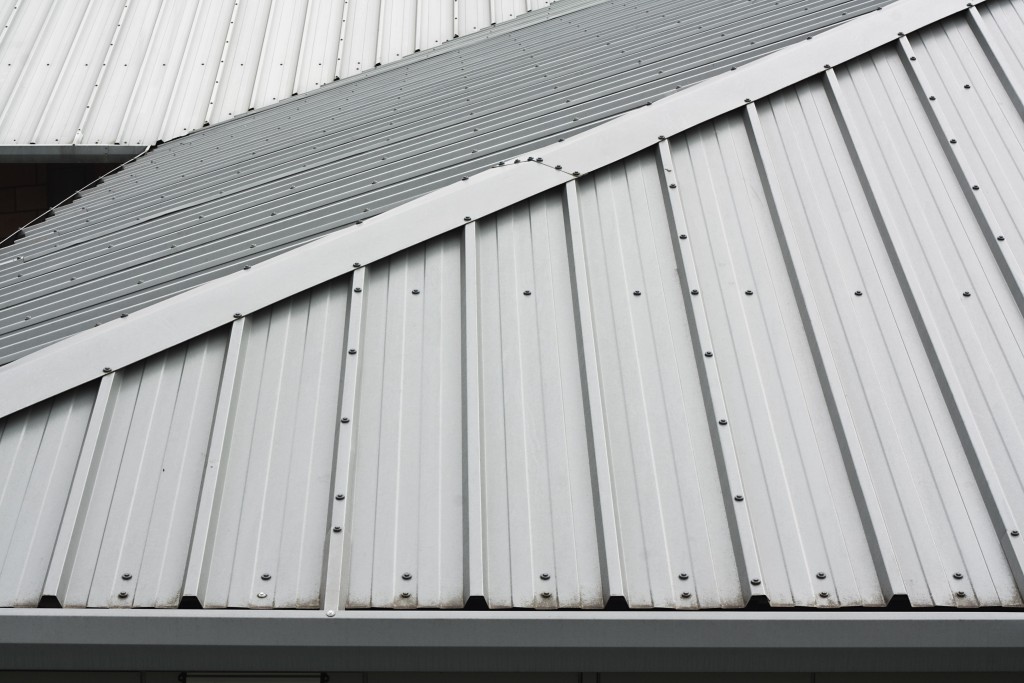If you notice soap scum and crusty mineral deposits on your fixtures that often block the faucets and showerheads, then you have experienced one of the most annoying things about having hard water. Do you know that more than 90% of households in the United States have hard water? The high concentration of minerals leads water to be hard. Water that flows through limestone and chalk will most likely leave residues on your pipes, skin, hair, and fixtures.
Are you not sure that you have hard water? It’s simple enough to detect. If you are having a hard time making soap lather or your clothes feel rough to the touch, or your scalp feels itchy, that’s because of hard water. More, hard water causes corrosion damage in the plumbing pipes over time. It will then lead to leaks of toxic chemicals and minerals.
Homeowners don’t always know what to do when they realize they have hard water. Luckily, you can call a plumbing company to help you identify the right measures to take, especially when your pipes have already corroded because of the water quality. Getting advice from professionals is one of the first steps that you have to take.
Boil Hard Water
This will only work for temporary hard water, which mostly contains calcium bicarbonate. You can remove calcium bicarbonate by boiling the water. You can then use it for consumption. But if the hard water is permanent, boiling will not do any good since permanent hard water contains calcium sulfate that no amount of boiling can remove.
Use a Hard Water Cleaning Aid
The chemical contents of soap, when mixed with the minerals in the hard water, create what’s called soap scum. This is the white solid build-up homeowners usually notice in the water fixtures, sinks, drains, shower doors, tiles, and tubs. Ordinary home cleaning materials cannot remove this, but there are cleaning agents you can buy that can deal with soap scum. The formula in these cleaning materials is designed for hard water.
Do the Laundry with Washing Soda
It’s hard to make laundry soap lather because of the minerals in the hard water. Washing soda is the best solution for this predicament because it softens both permanent and temporary hard water. It gets rid of the calcium and magnesium in the hard water, thereby making the clothes softer to the touch when they dry. You won’t need to use too much fabric softener once you remove the minerals from the hard water.
Apply Distilled White Vinegar on the Fixtures
When you have hard water in the house, your best friend will be distilled white vinegar. Make sure you have a bottle of that specifically for removing limescale buildup from bathroom and kitchen fixtures. You can also soak some fixtures in distilled white vinegar for an hour. Even those pesky hard water film and spots will be a thing of the past when you use vinegar as a cleaning agent.
Install a Water Filter System

This will not solve the hard water problem permanently, but it can work for households with slight to moderately hard water. Also referred to as a magnetic water conditioner, this device connects to the main water line. It alters the properties of the water, softening them enough so that they don’t leave the hard white residue on your fixtures. However, the water will still not be safe enough for consumption.
Consider a Faucet Water Softener
To save on cost, you can install a water softener device on every faucet. It’s easy to install, and it works instantly. However, you will have to do this for every faucet and showerhead in your home. You might also have to refill or replace the filter, depending on how much calcium deposit they have to filter out from the water that flows through the faucets. The good thing about this is that you won’t need a professional for the installation.
Invest in a Whole House Water Softening System
This isn’t the easiest or most affordable option, but it’s going to last for a long time. The only way for the water to soften is to install a water softening system that will deal with the hard water when it’s in your main water supply line. You won’t have to buy a separate water softener filter for each faucet. Every outlet in your house will produce soft water with a water softening system in place.
Hard water is an annoying reality that homeowners have to face. Know that you are not alone. Plenty of households have to deal with the exact thing. You have to decide which hack works for you right now.




